Join us for our Smyrna Open House on
April 18th from 5-7 pm
4298 Atlanta Rd. S.E. Ste. 300 in Smyrna
(And Enter Our Nespresso Giveaway!)
Fill Out The Form Below To Enter
Winners will be announced at the open house event!
Meet Our Adult Urology Team

Charles Kaplan, MD
Georgia Urology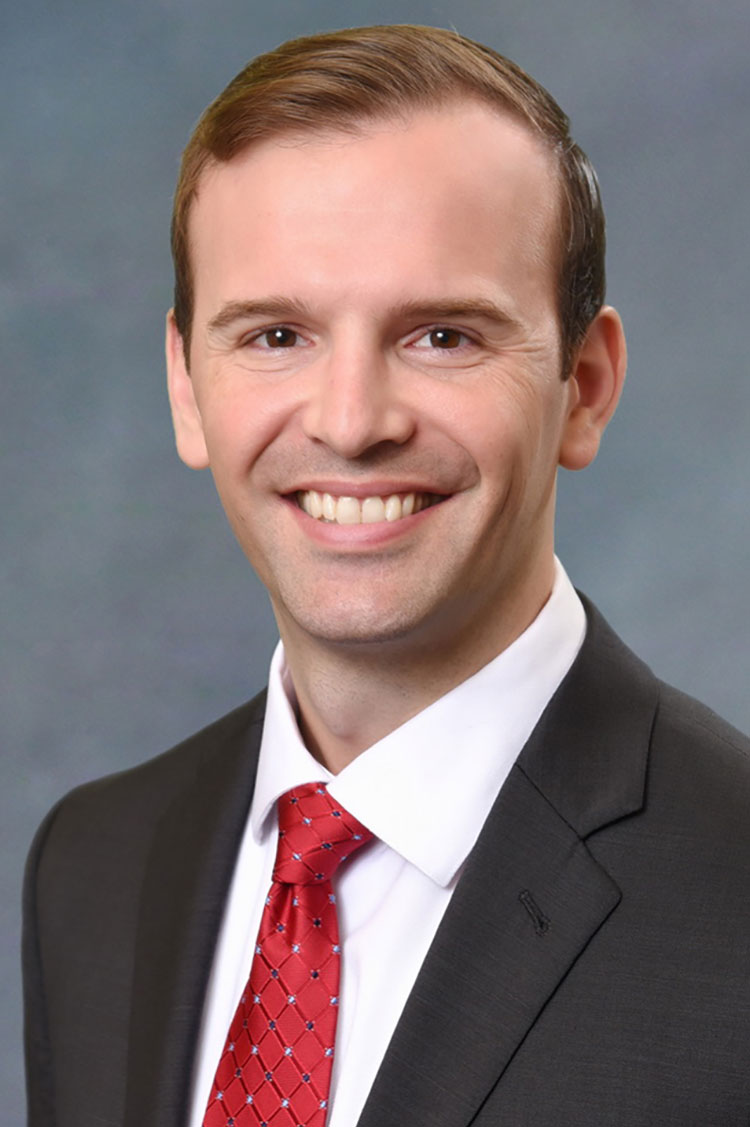
Christopher Keith, MD
Georgia Urology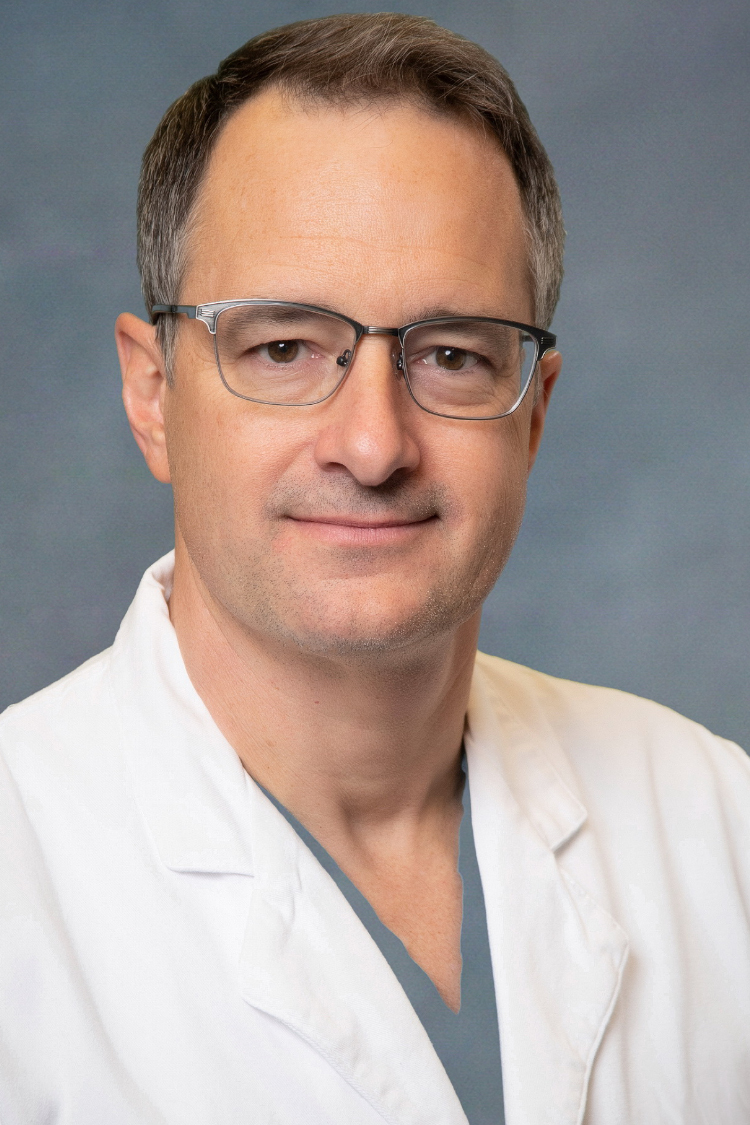
Warren Todd Oberle, MD
Georgia Urology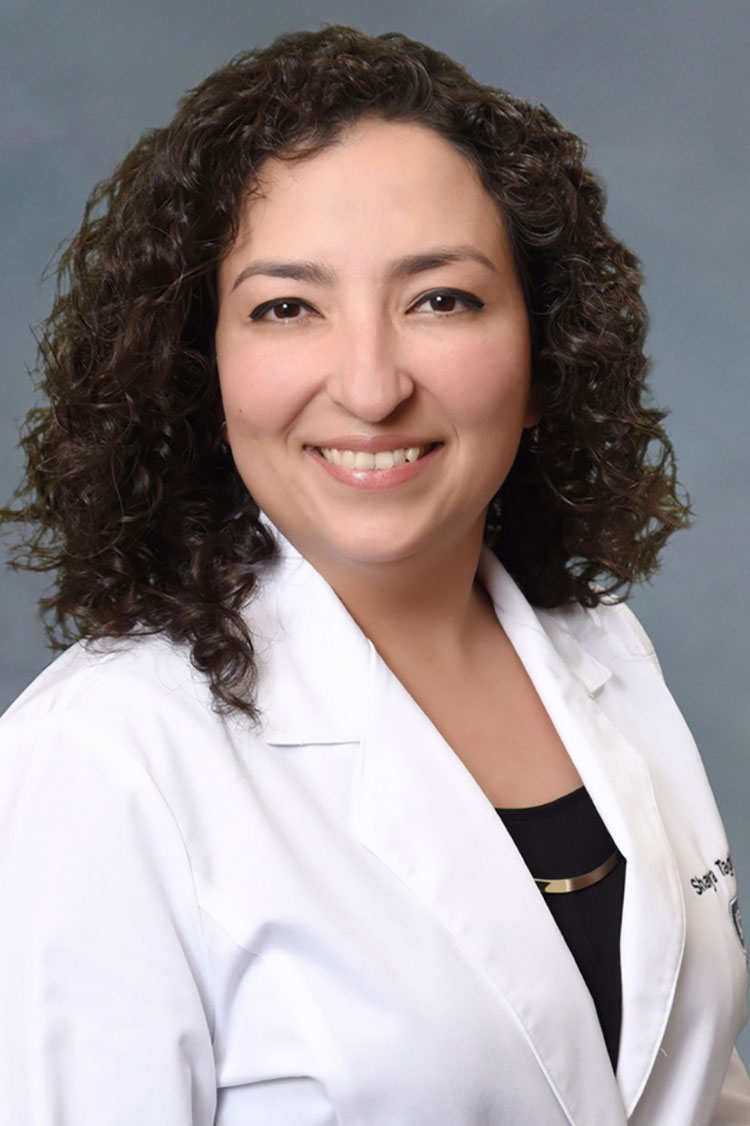
Shaya Taghechian, MD
Georgia Urology
Samantha Wells, MSPAS, PA-C
Georgia Urology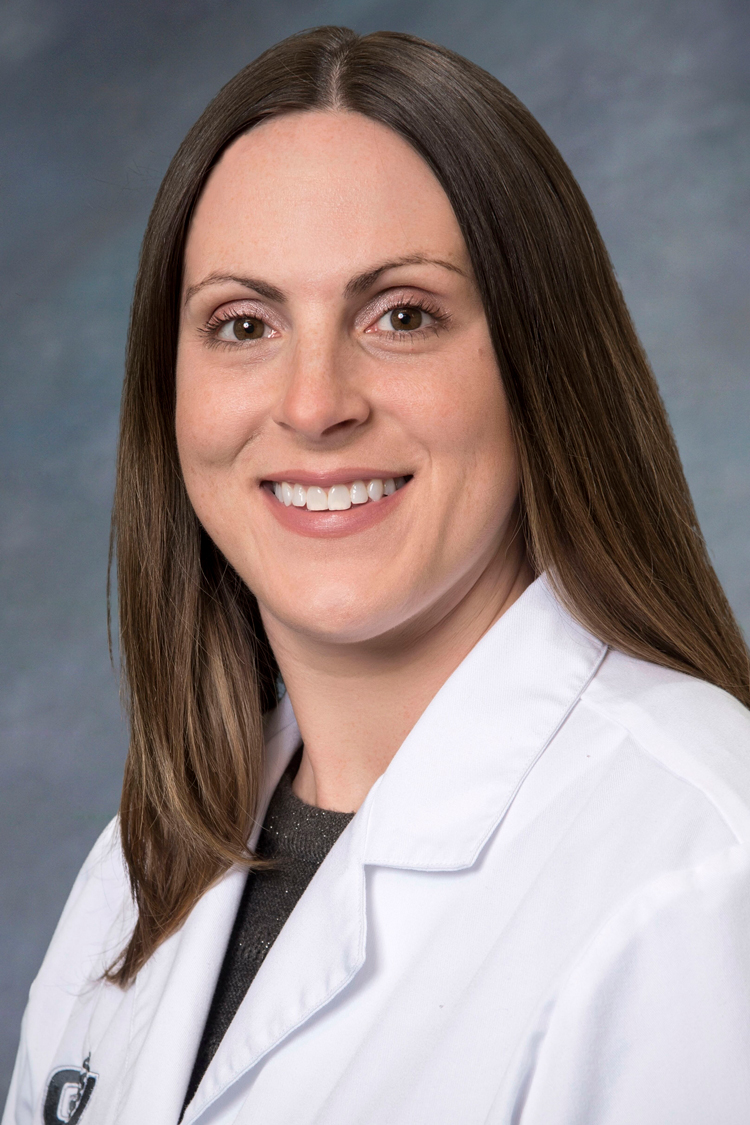
Carrie A. Collin, MSN, FNP-BC, CUNP
Georgia UrologyOur Smyrna Pediatric Team
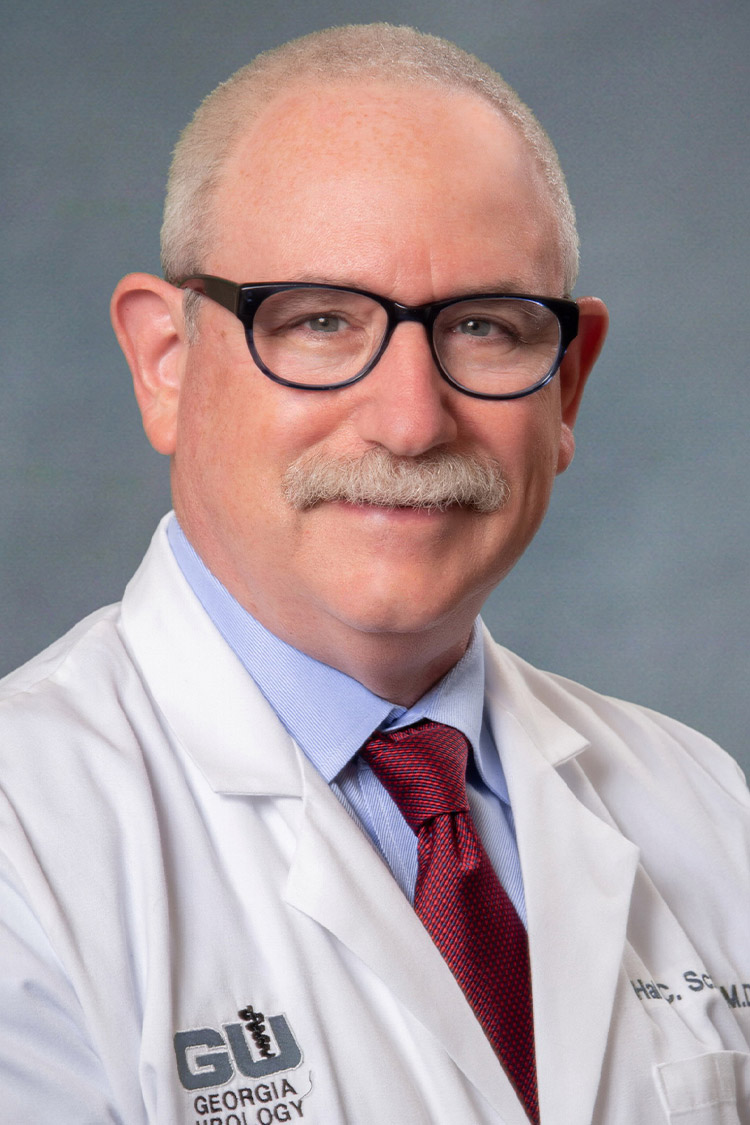
Hal Scherz, MD, FAAP, FACS
Georgia Urology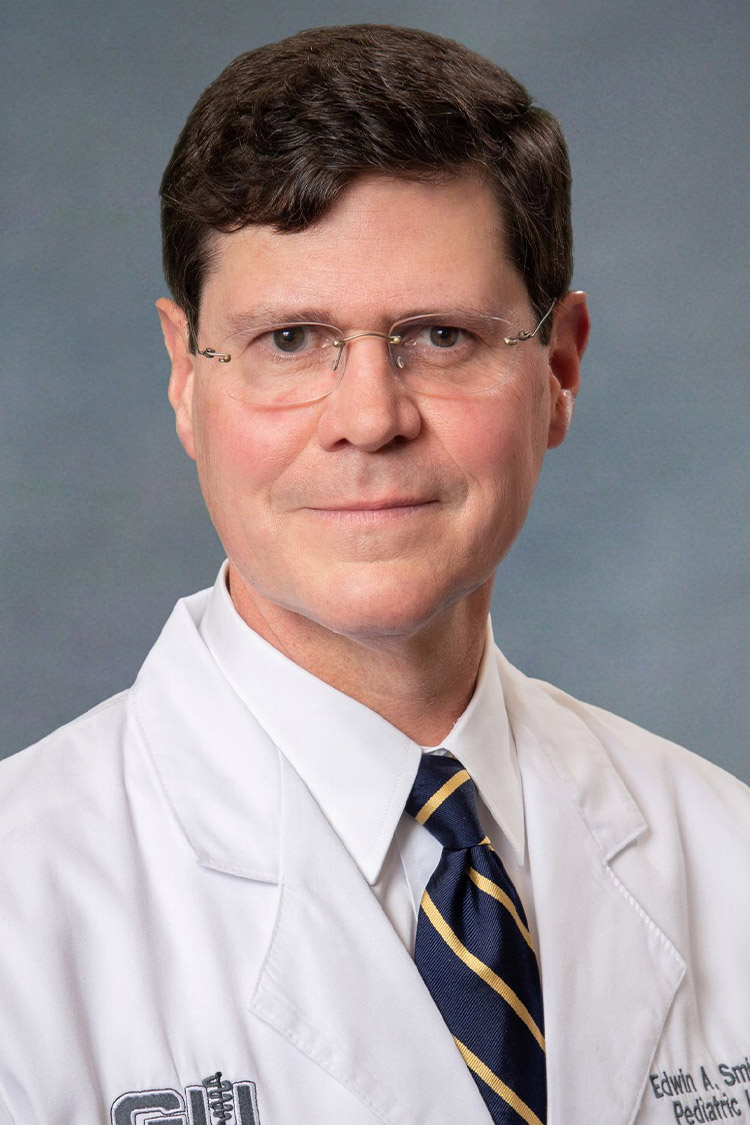
Edwin Smith, MD, FAAP, FACS
Georgia Urology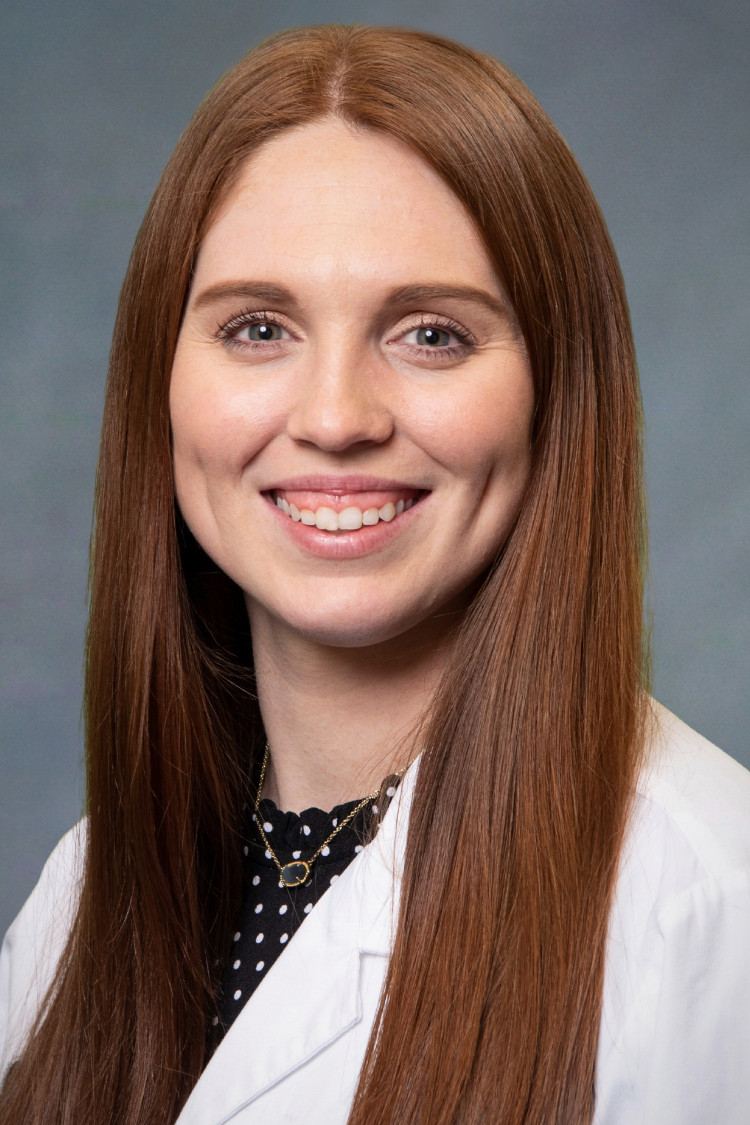
Jenessa Martin, CPNP-PC
Georgia UrologyUnlocking Men’s Health
Men’s health can be a complex field, with conditions ranging from mildly inconvenient and embarrassing to those posing serious health risks. It’s not just about tackling issues like erectile dysfunction, which can cause a hiccup in your love life or a significant source of stress for both you and your partner.
Men’s Health might also address the realities of prostate cancer and what that means to both mental and physical well-being.
The key to all this is empowering yourself with knowledge and finding proactive care that allows you to be aware of your treatment options and have a steady and proven course of action — and team — should it be needed.
Erectile dysfunction (ED) affects about half of men over 50, making it widespread yet rarely talked about. Beyond the potential for embarrassment, most men aren’t aware that ED can signal serious health concerns. It’s well known that some ED can be treated with medications, but their popularity often overshadows the wide range of options available when medication no longer works.
BPH is the non-cancerous enlargement of the prostate, squeezing the urethra and causing Lower Urinary Tract Symptoms or LUTS. Aging is the primary risk factor for BPH, with family history and obesity as contributing factors as well.
Prostate cancer begins when abnormal cells in the prostate grow uncontrollably. Its prevalence and significant impact on men’s lives make it a genuine health concern. Awareness and early detection can lead to better outcomes.
Overactive Bladder (OAB)
Are your bladder and bowel accidents disrupting you from living a normal life? You may be suffering from stress urinary incontinence, fecal incontinence, overactive bladder, or urinary retention if you are experiencing the following symptoms:
- Sudden, strong, and uncontrollable urge to urinate or pass stool
- The need to use the restroom 8 times a day or more
- Unintentional bladder or bowel leaks
- Difficulty urinating
Overactive bladder is an umbrella term that includes the frequent and urgent need to empty your bladder. One of the most common symptoms of overactive bladder is a sudden urge to urinate, resulting in unintentional urine loss.
Urinary incontinence is the inability to control when the bladder releases urine.
Urinary retention is the inability to empty the bladder. People with this condition are unable to urinate or they feel frequent urges but only urinate in small amounts.
Fecal incontinence, or accidental bowel leakage, is a condition where people get sudden urges to pass stool and experience leakage of stool before they make it to the restroom.
The good news is that there are treatment options for controlling your symptoms. Georgia Urology can help you identify which option is right for you.



